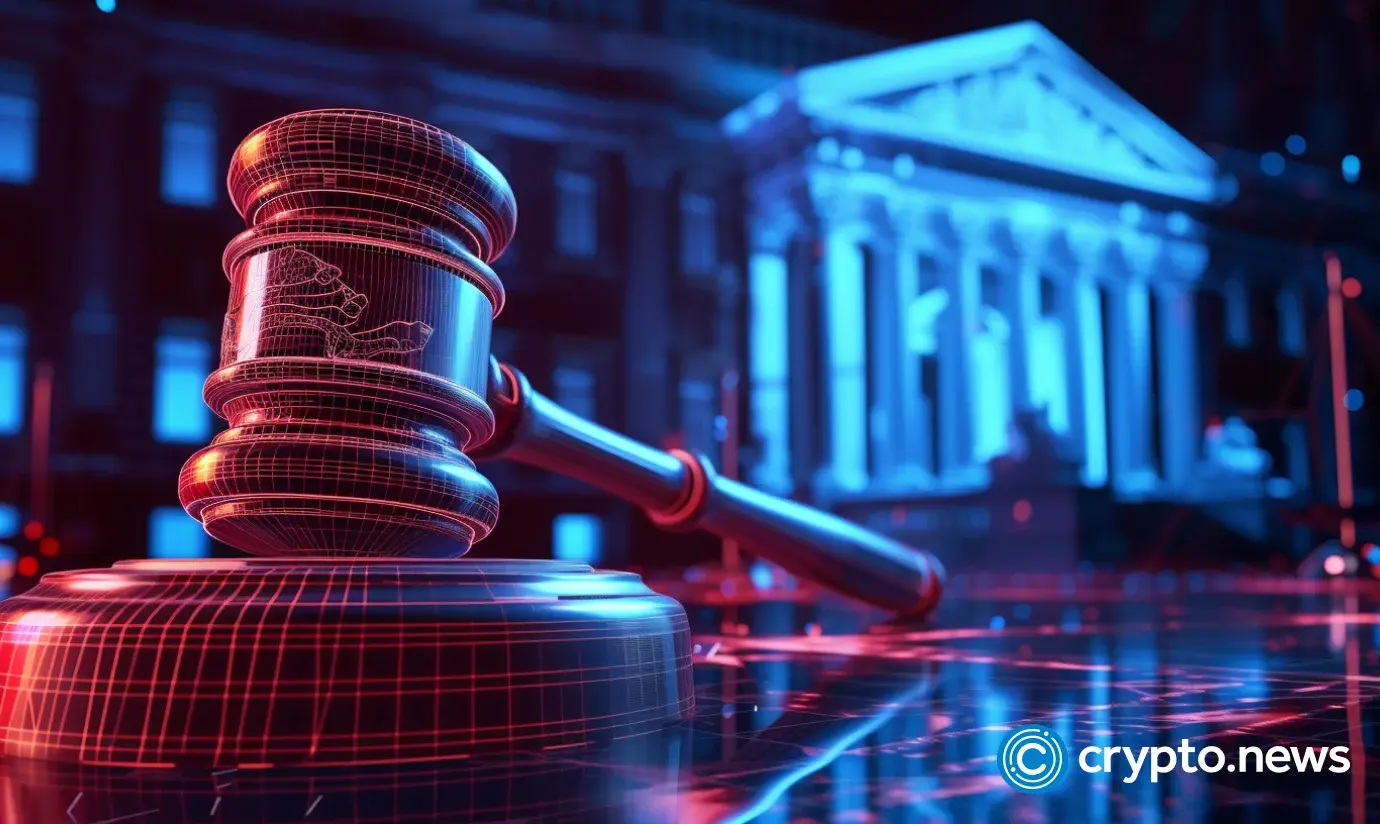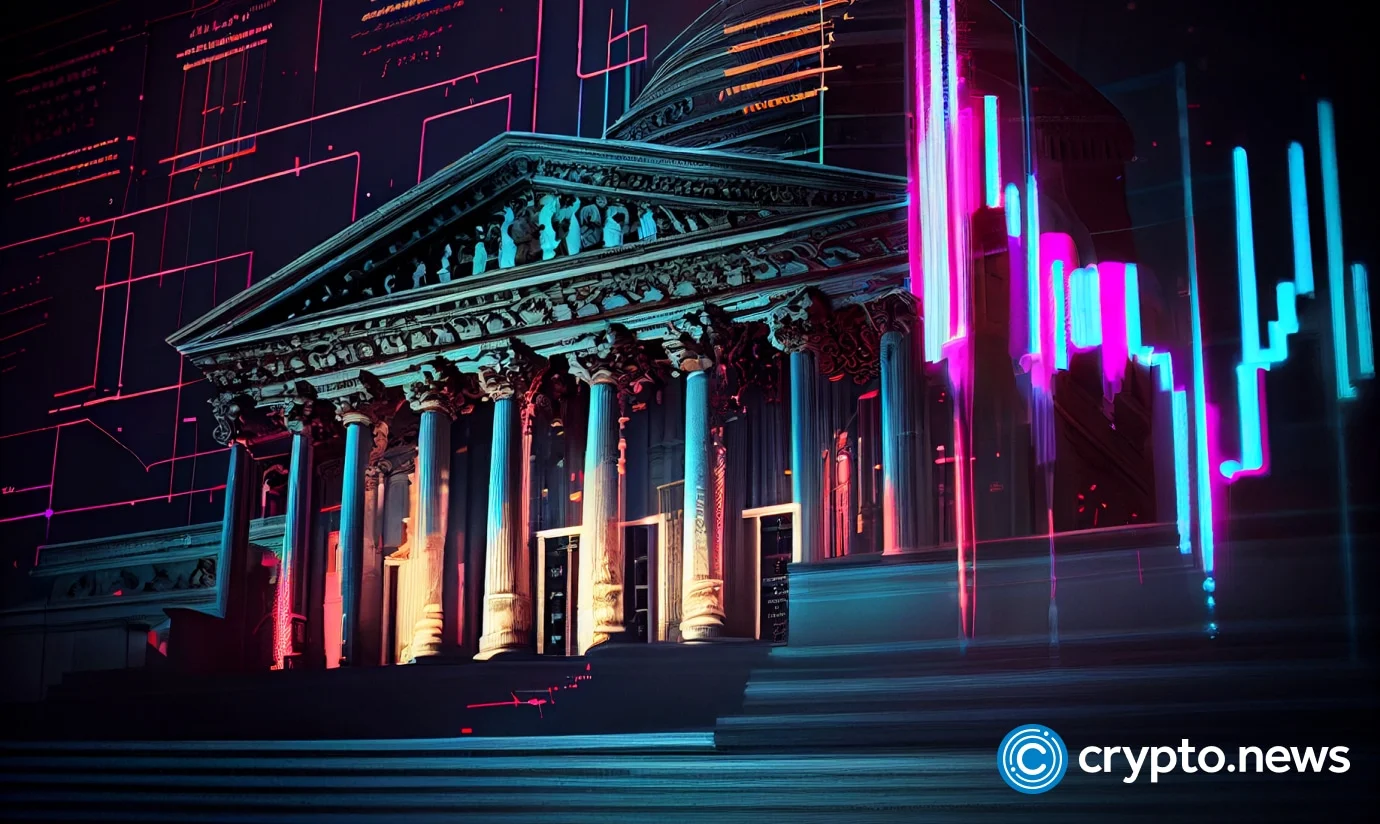Currently, there are eight bills being considered, with two of them successfully enacted in the House on April 17 and one approved by the Senate last week. There is substantial debate over the need for revisions to Act 851 and the extent of these revisions. Committees will deliberate on the matter before potentially approving legislation during the current fiscal session or the following one. One of the bills under consideration is the Arkansas Data Centers Act of 2023, which aims to regulate the Bitcoin mining business in the state by establishing rules for miners and protecting them from discriminatory restrictions and taxes.
The operation of Bitcoin mining has faced criticism for its lengthy and energy-intensive process, resulting in significant waste production. Outside of the U.S., legal challenges related to crypto mining have also emerged. Paraguay, for instance, has seen senators propose a bill to temporarily prohibit crypto mining and related activities due to concerns about illegal operations causing power theft and disruptions to the electrical supply. The proposed legislation seeks to restrict the installation and operation of crypto mining facilities, as well as activities involving the creation, storage, and trading of cryptocurrency.
However, Paraguayan senators have delayed work on the mining prohibition, and officials are now exploring the option of selling excess energy from the Itaipu hydroelectric project to miners. Given the upcoming Bitcoin halving, miners are experiencing pressure, with expectations of potential selling pressure lasting for four to six months. This could result in Bitcoin trading sideways in the coming months, as seen in past halving events.


